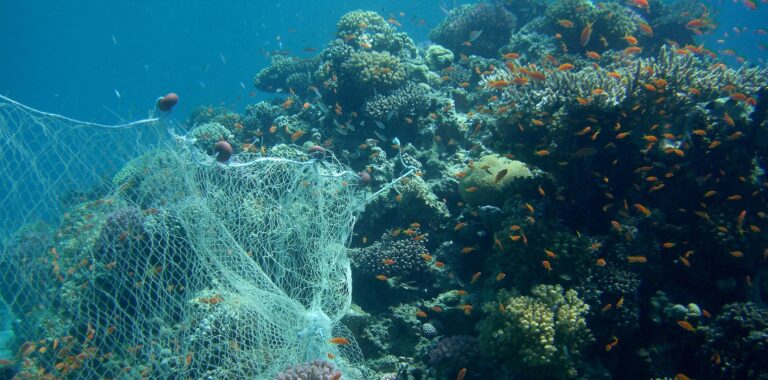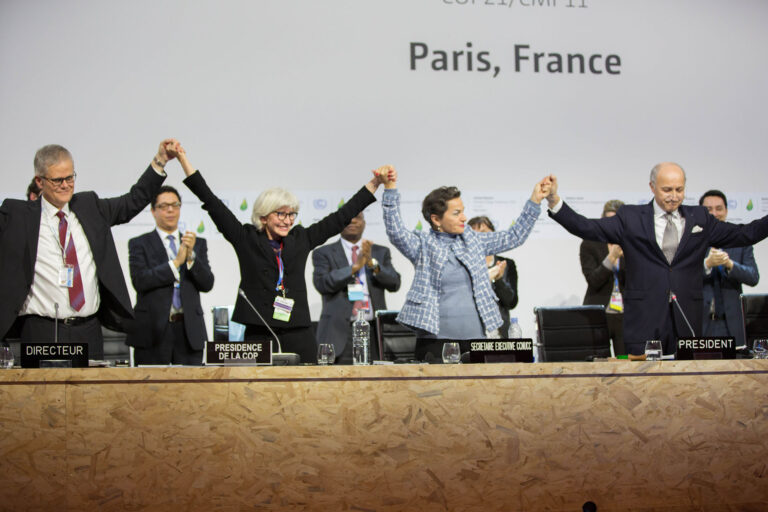Bottom trawling is a destructive method of fishing in which a heavy, weighted...Read More
The Paris Agreement, also known as the Paris Climate Accords, is a legally binding international treaty on climate change.
It was adopted by 196 Parties at the UN Climate Change Conference (COP21) in Paris in December 2015. Its aim is to mitigate climate change, with an overarching goal of limiting “the increase in the global average temperature to well below 2°C above pre-industrial levels” and pursuing efforts “to limit the temperature increase to 1.5°C above pre-industrial levels.” The agreement is considered a landmark in international efforts to address climate change and has been especially noted for its ambitious targets and broad global participation.
Under the Paris Agreement, each country sets its own target for reducing greenhouse gas emissions and communicates measures it will take to build resilience to adapt to the impacts of climate change. Countries are expected to update these national climate action plans — known as Nationally Determined Contributions, or NDCs – every five years, with increasingly ambitious targets.
Despite the imperative that NDCs should reflect a country’s “highest possible ambition,” the Intergovernmental Panel on Climate Change (IPCC) has found that countries’ updated NDCs, even if fully implemented, fall far short of what is needed to meet the goals of the Paris Agreement
In addition to their NDCs, the accords further invite countries to formulate and submit long-term low greenhouse gas emission development strategies (LT-LEDS). Unlike the NDCs, however, these long-term strategies are not mandatory, and fewer than a third of the parties have submitted one.
Recognizing the principle of common but differentiated responsibilities and respective capabilities, the Paris Agreement also aims to ensure that wealthy countries provide financing to assist developing countries in their efforts to mitigate and adapt to climate change. Nevertheless, despite initially pledging $100 billion a year to help less wealthy countries with their mitigation efforts (an amount that was widely considered insufficient), rich countries have failed to come near to fulfilling that promise.
The Paris Agreement is intended to provide a framework for continued and increasingly ambitious efforts to mitigate climate change. As such, the agreement provides for a quinquennial global stocktake, which will assess the collective progress towards achieving the long-term goals of the agreement and, in doing so, inform future climate action. The first global stocktake took place in 2023.
Photo Credit: Adoption of the Paris Agreement in 2015. The agreement is considered a landmark in international efforts to address climate change, though it has in many ways proved insufficient. Photo by UNclimatechange (CC BY 2.0).
More reading...
Climate change and the environmental degradation it causes lead to the violation of...Read More
Regional courts, such as the Inter-American Court on Human Rights (IACtHR), and European...Read More
The Paris Agreement, also known as the Paris Climate Accords, is a legally...Read More
In response to the threats posed by climate change, including its foreseeable significant...Read More






